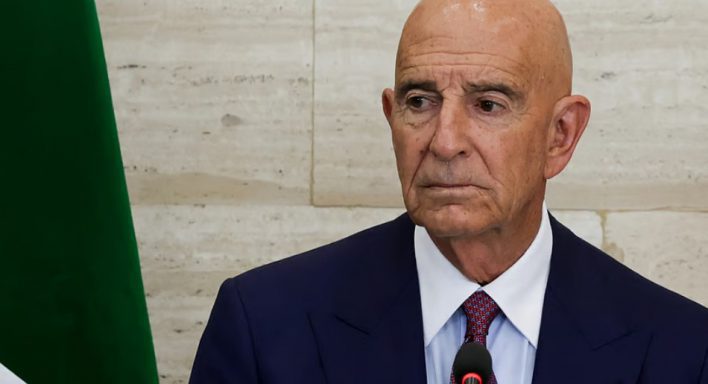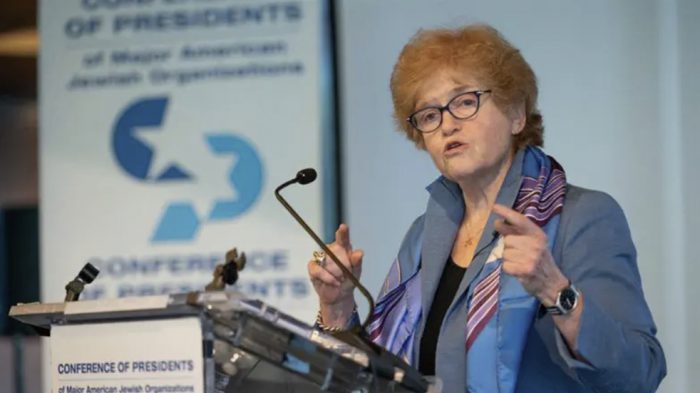A senior U.S. envoy says Israel and Syria are close to a de-escalation deal: Jerusalem pauses strikes, Damascus keeps heavy weapons away from the border.
On the sidelines of the UN General Assembly in New York, U.S. Special Envoy for Syria Tom Barrack revealed Tuesday that Israel and Syria are on the verge of finalizing a “de-escalation” agreement—a possible first step toward a broader security pact.
According to Barrack, the arrangement would see Israel halt its strikes on Syrian targets while Damascus pledges not to move heavy equipment or military machinery near the Israeli border.
The talks come amid weeks of Israeli operations inside southern Syria, aimed at preventing Iranian entrenchment and Hezbollah supply lines from threatening Israeli communities in the Golan Heights. Damascus, seeking relief from the sustained Israeli campaign, hopes a deal could also pave the way for the eventual withdrawal of Israeli troops from Syrian territory.
Barrack stressed that the discussions are still in progress but described the potential accord as an “important first step” toward a more comprehensive security framework between the two nations.
For Israel, the agreement would formalize its red line on border militarization and could reduce the frequency of strikes if Syrian compliance is assured. For Syria, it offers temporary breathing room—though Jerusalem remains clear that any Iranian or Hezbollah build-up across its frontier will trigger immediate action.
If signed, the de-escalation deal would mark the first structured security arrangement between Israel and Syria in years, highlighting Washington’s role in brokering delicate regional understandings even as broader conflicts—from Gaza to Ukraine—dominate the UN agenda.





